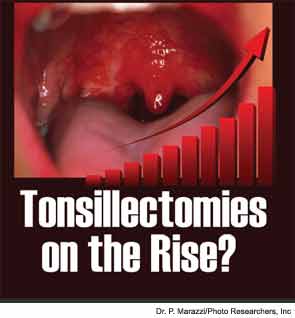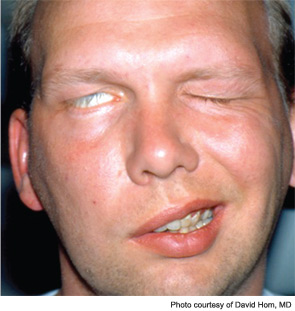Assessing how "good" a doctor is calls into play many different factors that aren’t easily quantifiable

Pediatric Tonsillectomies on the Rise
Empathy for Patients on the Decline Among Medical Students and Residents
Studies show that distress, burnout, and depression in medical students and residents have contributed to a recent decrease in their empathy for patients

Are Routine Dissolvable Nasal Dressings Necessary Following ESS?
Nasal dressings have frequently been advocated to improve wound healing and prevent ongoing bleeding after endoscopic sinus surgery (ESS). Initial experience focused on removable nasal packing materials; however, their adverse effect profile, such as pain/discomfort and mucosal trauma, has driven the development of absorbable biomaterials. Despite these developments, there is still little agreement on the optimal choice of nasal dressing or whether nasal dressings are required at all

Aging Population to Boost Number of Geriatric Otolaryngology Patients

Patient Satisfaction: Can Academic Medical Centers Compete?
Otolaryngologists practicing in academic medical centers often score lower on patient surveys than those practicing in a community setting

AAO-HNSF 2012: Doctor With Cancer Offers Lesson in Compassionate Care
A doctor with throat cancer, and a musician with cochlear implant, relay the importance of treating patients with compassion

Communication Strategies to Help Medical Providers Help Their Patients
Incorporating health literacy practices into patient care.

Advances in Facial Paralysis
Mobile Devices in the Medical Setting Can Lead to Distracted Doctors and Medical Error
Physicians are increasingly incorporating lightweight computers, mobile phones and tablets into the delivery of health care, which comes with the potential for distraction.
- « Previous Page
- 1
- 2
- 3
- 4
- …
- 6
- Next Page »